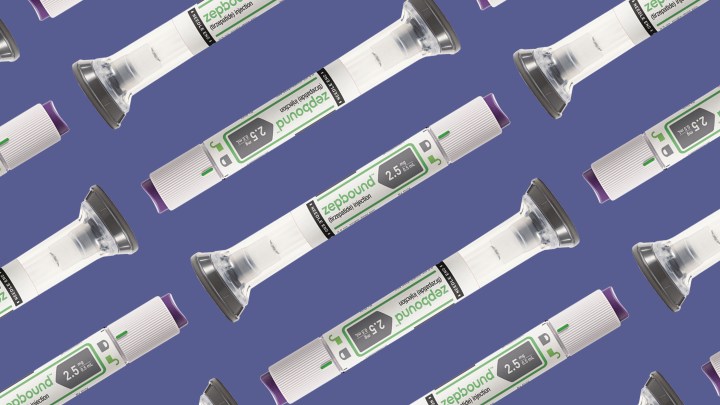
How a weight loss drug’s approval could affect insurance premiums
How a weight loss drug’s approval could affect insurance premiums

The FDA has approved a new weight loss drug — Eli Lilly’s Zepbound, which was sold under the name Mounjaro when it was just a diabetes drug. It’s new competition for the wildly popular injectable Wegovy from competitor Novo Nordisk.
While these drugs can quickly help people lose pounds, it’s not yet clear how much they will add to health care costs.
Obesity in the U.S. is common and expensive. Almost 42% of Americans are obese, per John Cawley, a professor of economics and public policy at Cornell University.
“And the medical care costs for obesity are about $289 billion just among adults and another $16 billion among youth per year,” he said.
For now, many people taking these new weight loss drugs are just paying cash, said Cawley. That means it’s not showing up much in insurance premiums.
That will likely change as more doctors and insurance companies start treating obesity as a disease rather than a lifestyle choice.
But “when you have a fairly expensive drug that is appropriate for a condition that 40% of the adults in the U.S. have and many of that 40% of adults are interested in taking, you’re talking enormous numbers of dollars,” said David Rind, chief medical officer for the Institute for Clinical and Economic Review.
These drugs list for upwards of $1,000 a month. And even if insurance companies negotiate those rates down and there are rebates, when insurance companies — private or government — do cover it, “that money comes from somewhere,” Rind said. “Either through higher taxes and higher premiums, or you’re shifting it from other things that need money too.”
For now, it’s too early to tell exactly what these weight loss drugs will mean for overall health care costs. But researchers see a significant upside in the long run, like reduced rates of heart disease and diabetes — which are also expensive to treat.
“With treatment of obesity, you’ll see a reduction in a lot of the comorbid conditions that will drive down costs, and as more drugs come to market, that will continue to drive down the price,” said Alison Sexton Ward, a research scientist at the Schaeffer Center at the University of Southern California.
Eli Lilly’s drug is priced about 21% lower than Novo Nordisk’s, so that price competition is already getting started.
There’s a lot happening in the world. Through it all, Marketplace is here for you.
You rely on Marketplace to break down the world’s events and tell you how it affects you in a fact-based, approachable way. We rely on your financial support to keep making that possible.
Your donation today powers the independent journalism that you rely on. For just $5/month, you can help sustain Marketplace so we can keep reporting on the things that matter to you.

















